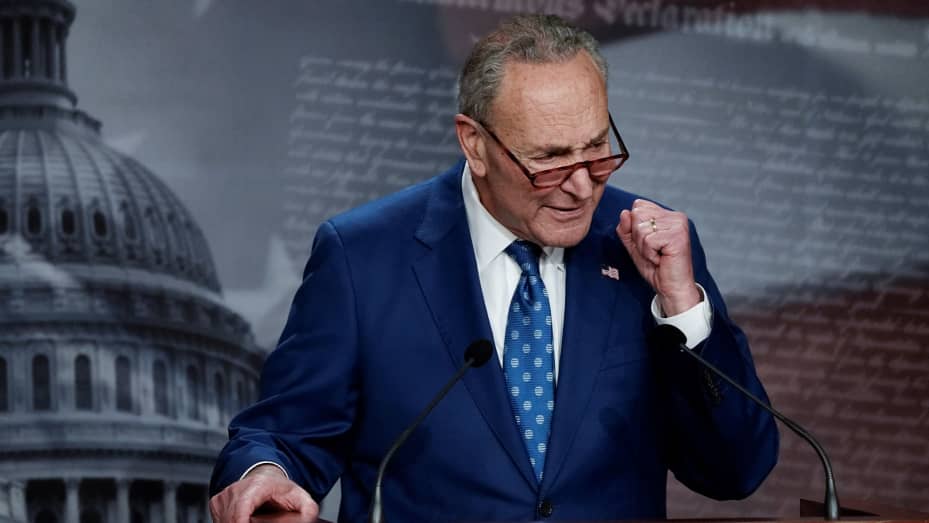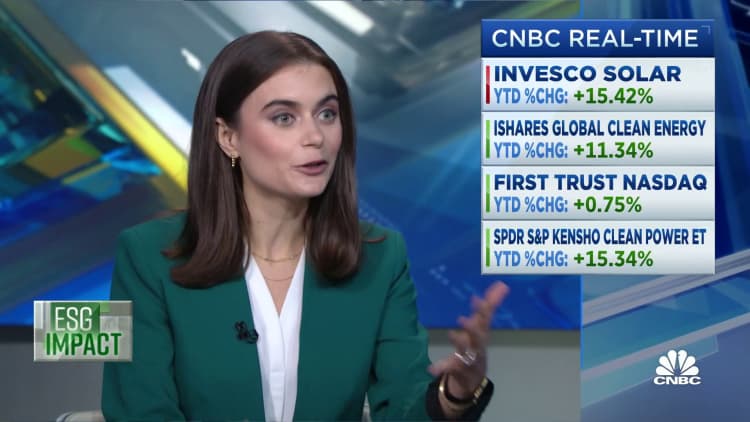
The Senate voted to approve a global climate treaty that will phase down the use and production of hydrofluorocarbons.
An amendment to the 1987 Montreal Protocol climate treaty that dramatically curbs the use of HFCs, which are thousands of times more potent than carbon dioxide, was approved by the Senate. Four members of the Senate did not cast a vote.
By the end of the century, the EPA said that regulatory action on such chemicals could help avoid up to a half degree of global warming. The EPA says that emissions from HFCs rose in the last two years as demand for air conditioning and refrigeration increased.
The fight against climate change will go a long way to battle rising global temperatures while also creating tens of thousands of good paying American jobs, according to Senate Majority Leader Chuck Schumer.
After taking office, President Joe Biden issued an executive order requesting that Congress approve the Kigali Amendment, one of a number of federal actions to reduce domestic greenhouse gas emissions.
The U.S. has joined 136 other nations and the European Union in approving the amendment.
Biden said that the amendment would allow the US to lead the clean technology markets of the future. Ratification will spur the growth of manufacturing jobs, strengthen U.S. competitiveness and advance the fight against the climate crisis.
The global phase-down of HFCs has been supported by environmental groups, politicians and industry groups.
Stephen Yurek, CEO for the Air-Conditioning, Heating and Refrigeration Institute, said thatHVACR companies and other stakeholders have urged the Senate to approve the amendment.
Yurek said that Kigali counts for the jobs it will create, for global competitive advantage it creates, and for US technology preeminence.
The American Innovation and Manufacturing Act was passed by Congress in 2020 and will allow the EPA to regulate HFCs over the next fifteen years.
